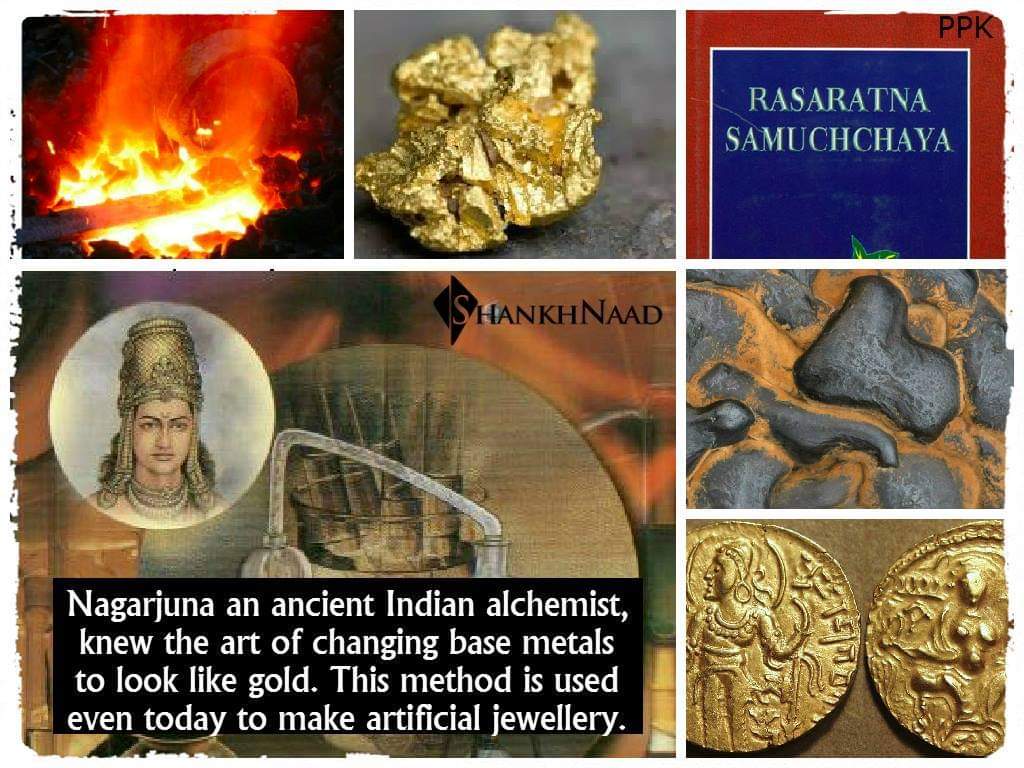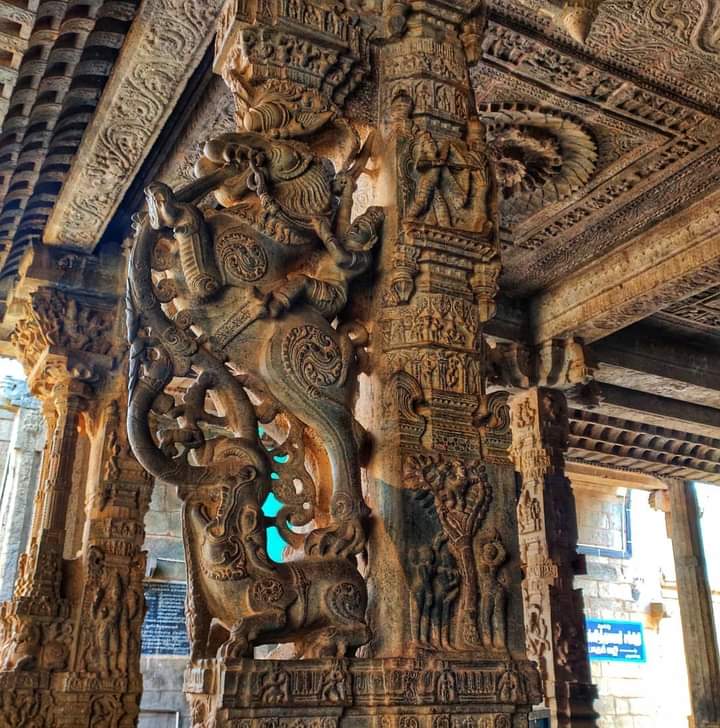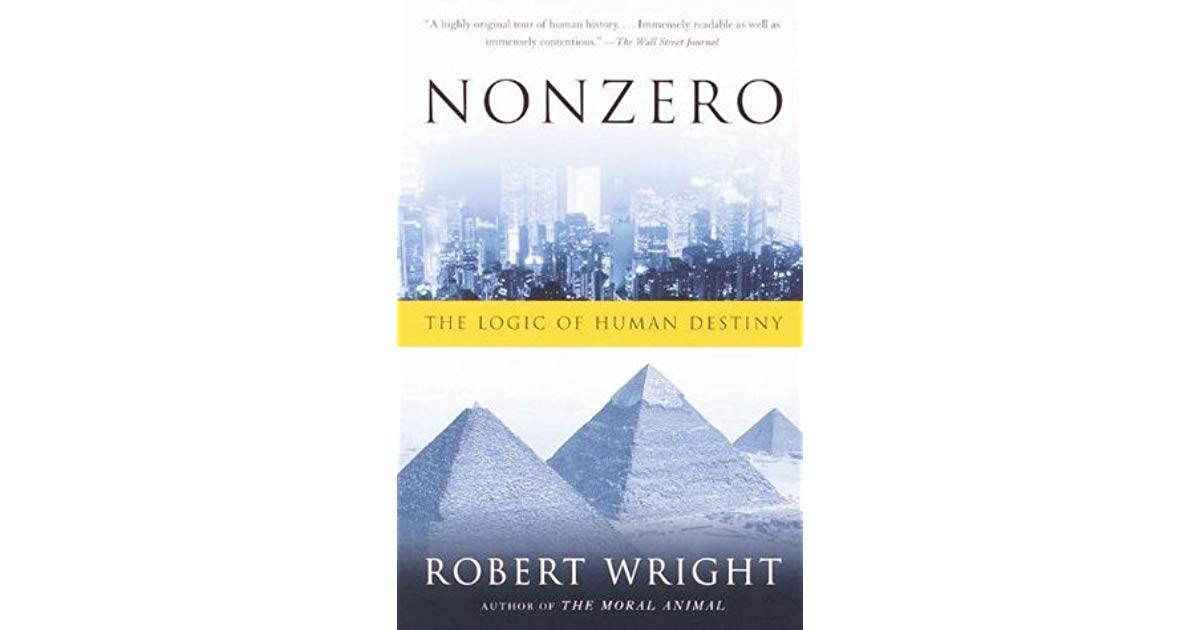My students @maxzks and Tushar Jois spent most of the summer going through every piece of public documentation, forensics report, and legal document we could find to figure out how police were “breaking phone encryption”. 1/
ACLU is suing the FBI over its efforts to break into encrypted devices. https://t.co/TN8X0Slmnf
— Zack Whittaker (@zackwhittaker) December 22, 2020
Authorities don’t need to break phone encryption in most cases, because modern phone encryption sort of sucks. 3/
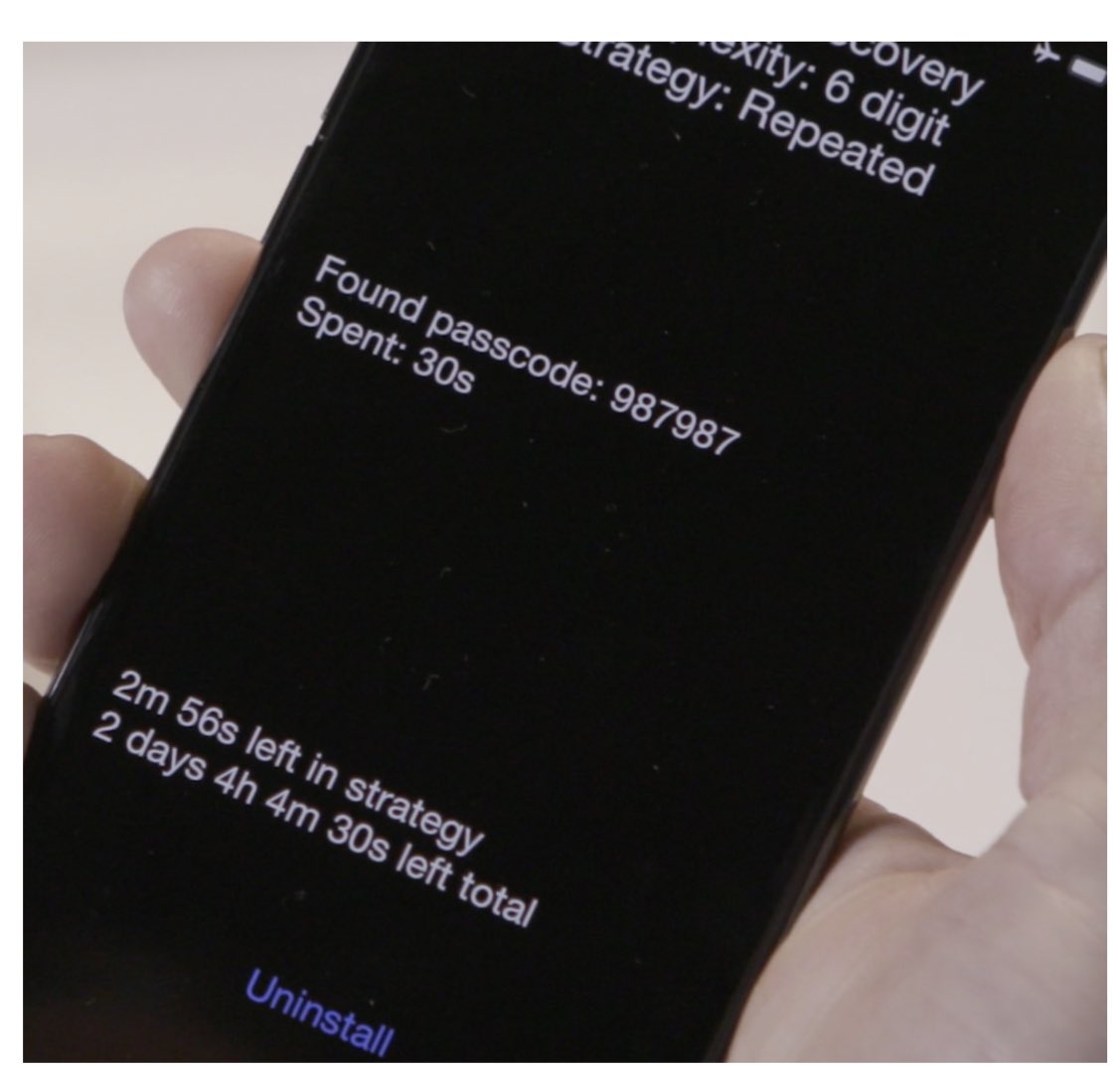
So if they can’t crack the passcode, how is law enforcement still breaking into iPhones (because they definitely are)? 6/
When you turn your phone on and enter the passcode in the morning, you switch your phone from BFU->AFU. 8/
All of the other keys stay in memory. 10/
(This is all well-known so far BTW.) 11/
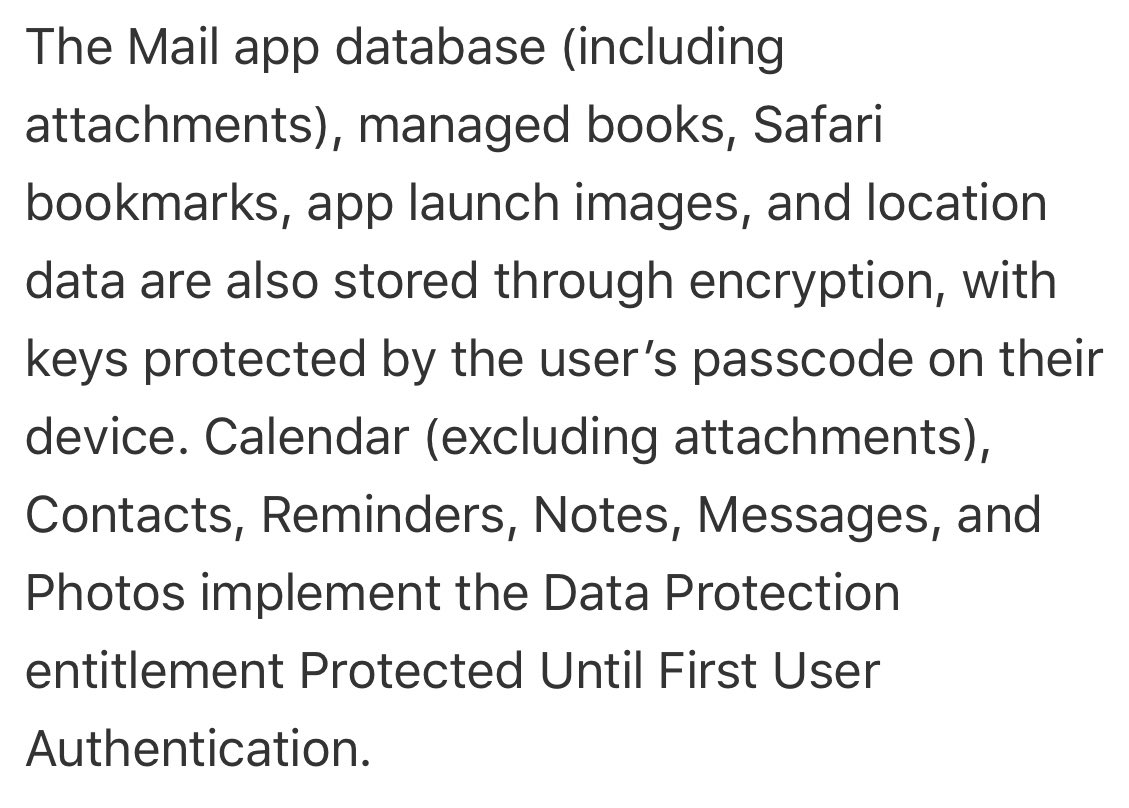
So it seems that Apple is actually protecting *less* data now than in 2012. Yikes. 16/

Mail (which probably already exists on a server that police can subpoena, so who cares.)
App launch data (🤷♂️)
That’s not great. 18/
Photos
Texts
Notes
Possibly some location data
Most of what cops want. 19/
Why is so little of this data encrypted when your phone is AFU and locked? And the answer to that is probably obvious to anyone who develops software, but it still sucks. 22/
When you protect files using the strongest protection class and the phone locks, the app can’t do this stuff. It gets an error. 23/
But for the most part it’s annoying for software devs, so they lower protections. And if Apple *isn’t* using strong protection for its in-house apps, who will? 24/
Maybe Apple’s lawyers prefer it this way, but it’s courting disaster. 25/
This will be on a pretty website soon. Thanks for not blocking me after this thread. // fin
More from Crime
You May Also Like
So it's now October 10, 2018 and....Rod Rosenstein is STILL not fired.
He's STILL in charge of the Mueller investigation.
He's STILL refusing to hand over the McCabe memos.
He's STILL holding up the declassification of the #SpyGate documents & their release to the public.
I love a good cover story.......
The guy had a face-to-face with El Grande Trumpo himself on Air Force One just 2 days ago. Inside just about the most secure SCIF in the world.
And Trump came out of AF1 and gave ol' Rod a big thumbs up!
And so we're right back to 'that dirty rat Rosenstein!' 2 days later.
At this point it's clear some members of Congress are either in on this and helping the cover story or they haven't got a clue and are out in the cold.
Note the conflicting stories about 'Rosenstein cancelled meeting with Congress on Oct 11!"
First, rumors surfaced of a scheduled meeting on Oct. 11 between Rosenstein & members of Congress, and Rosenstein just cancelled it.
He's STILL in charge of the Mueller investigation.
He's STILL refusing to hand over the McCabe memos.
He's STILL holding up the declassification of the #SpyGate documents & their release to the public.
I love a good cover story.......
The guy had a face-to-face with El Grande Trumpo himself on Air Force One just 2 days ago. Inside just about the most secure SCIF in the world.
And Trump came out of AF1 and gave ol' Rod a big thumbs up!
And so we're right back to 'that dirty rat Rosenstein!' 2 days later.
At this point it's clear some members of Congress are either in on this and helping the cover story or they haven't got a clue and are out in the cold.
Note the conflicting stories about 'Rosenstein cancelled meeting with Congress on Oct 11!"
First, rumors surfaced of a scheduled meeting on Oct. 11 between Rosenstein & members of Congress, and Rosenstein just cancelled it.
Rep. Andy Biggs and Rep. Matt Gaetz say DAG Rod Rosenstein cancelled an Oct. 11 appearance before the judiciary and oversight committees. They are now calling for a subpoena. pic.twitter.com/TknVHKjXtd
— Ivan Pentchoukov \U0001f1fa\U0001f1f8 (@IvanPentchoukov) October 10, 2018









